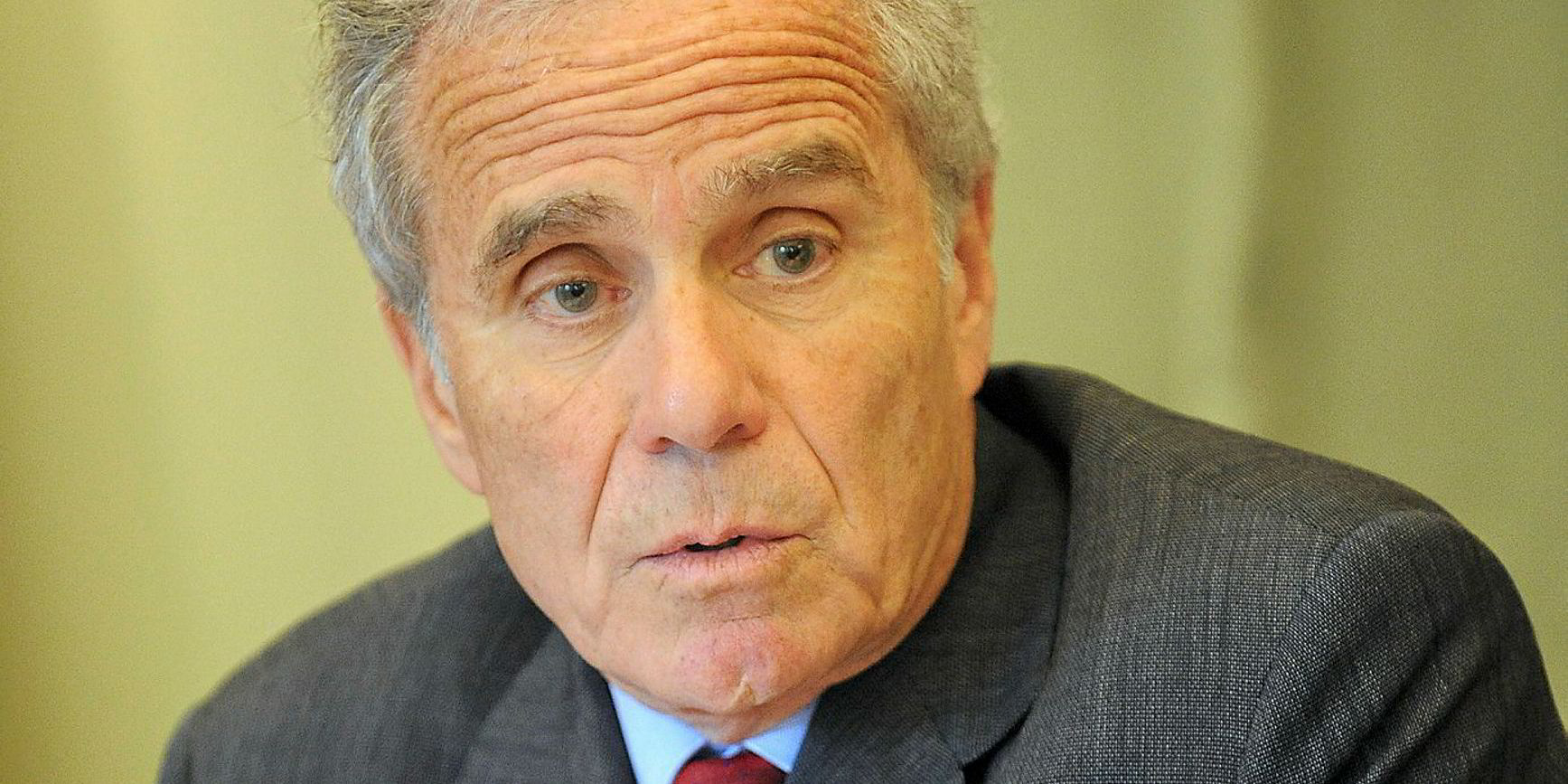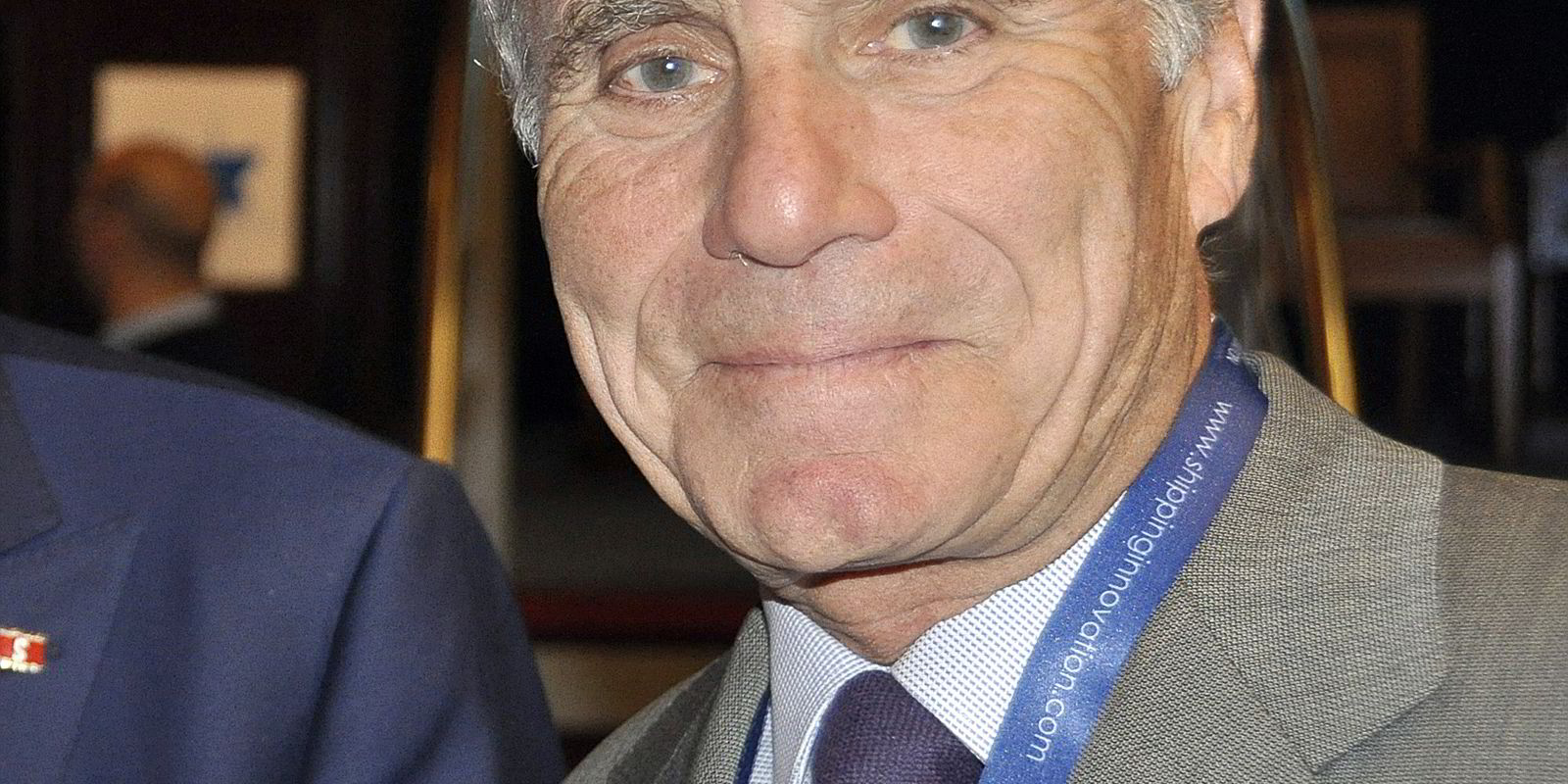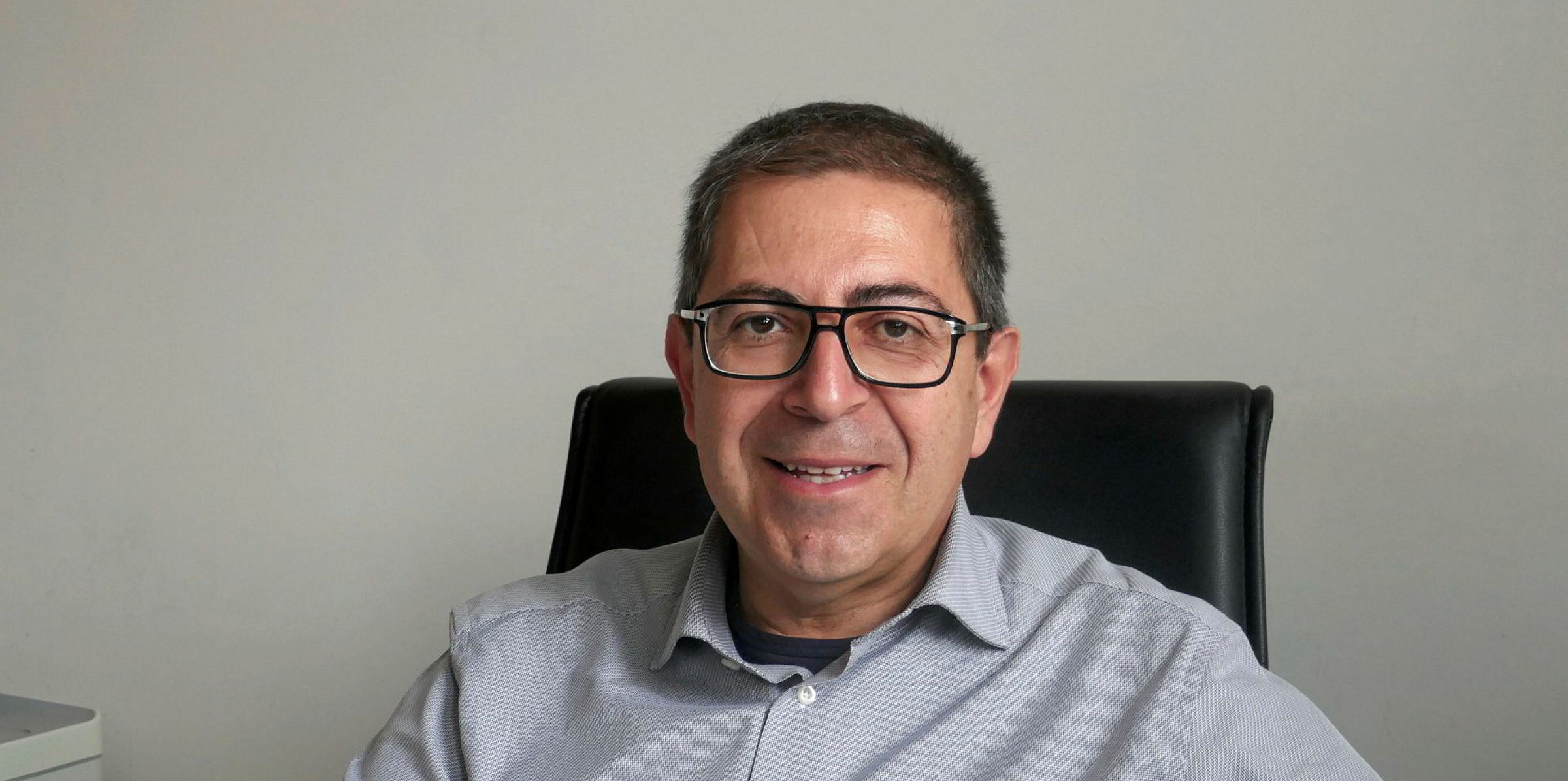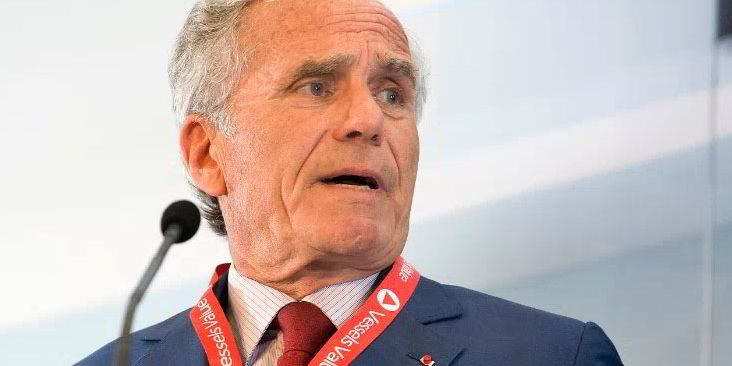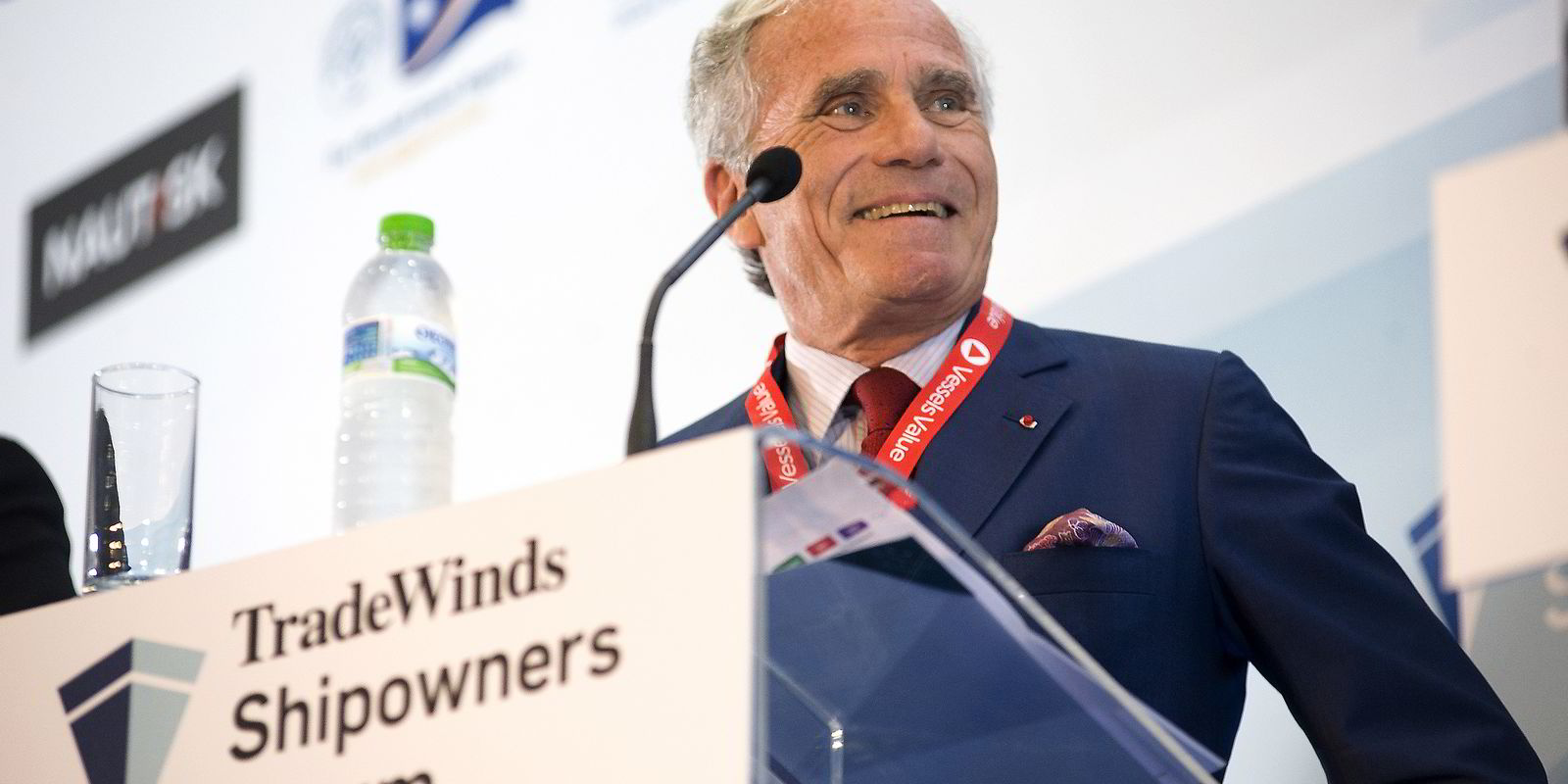Influential French shipowner Philippe Louis-Dreyfus believes he has the backing of the Greek shipping community for his drive towards mandatory slow-steaming.
The man behind Louis Dreyfus Armateurs has already persuaded the French industry and state to support his plan at the IMO as shipping strives to meet new emissions targets.
He told TradeWinds it has been a long struggle: “I have been fighting for this for two years. It’s just a common-sense idea.”
The aim is for the industry to be proactive on the issue, to avoid having rules imposed on it by others.
“It’s the simplest, easiest idea and there is no cost at all — just to reduce the speed on the seas like they do on the motorways,” Louis-Dreyfus said.
“Well, maybe there is a little cost to the charterers, just a few hours or days, but all charterers will be onboard.
“I don’t think it will make a bit of difference if a steel company gets its cargo on a Thursday morning or a Tuesday evening. I’m not a technician, not an engineer, just a common-sense person.”
Prominent voice
Louis-Dreyfus has been a prominent voice in European shipping over the past two decades, as a former president of the European Community Shipowners’ Association (ECSA) and Bimco, the world’s largest shipowners’ association.
To win over the French shipowners’ association — Armateurs de France — ferries, short-sea vessels and boxships have been excluded from the measures. “French goat’s cheese needs to arrive quickly!” he quipped.
France argues that shippers that usually use short-sea vessels and ferries will seek worse solutions if slow-steaming is imposed on them, while boxships have already adjusted their speed. This has come down from 23 knots to 16 or 17 knots now, Louis-Dreyfus added.
So the emphasis will be on tankers, bulkers and gas carriers.
“It’s a very political solution,” he said. “I met with President Macron in December and he was interested. He didn’t do anything immediately — you have seen we have the gillets jaunes; he had other priorities.”
But Macron is now onboard, the shipowner said, adding: “He is not a stupid man by far.”
Louis-Dreyfus said he was “really alone on this for a long time. Not totally alone — some Greek owners like [George] Procopiou and [Petros] Pappas were with me. But not all the Greek owners were with me.
“I’m happy to say that now we might have the support of the Greeks in a short time. And that is a big, big success, but I’m not taking it for granted yet.
“France is a big political voice but a small fleet. Greece is a small political voice but a big fleet. It can’t be only France.
“I’m very happy to be the pioneer of this. It is absolutely realistic but it will take some time.”
As for opponents, he does not see how anyone could be against the idea.
Others have alternative solutions like LNG. But Louis-Dreyfus believes LNG lacks port infrastructure and he fears scrubbers could create more problems than they solve.
The Union of Greek Shipowners is backing slow-steaming and the Japanese are likely to support it too, he added.
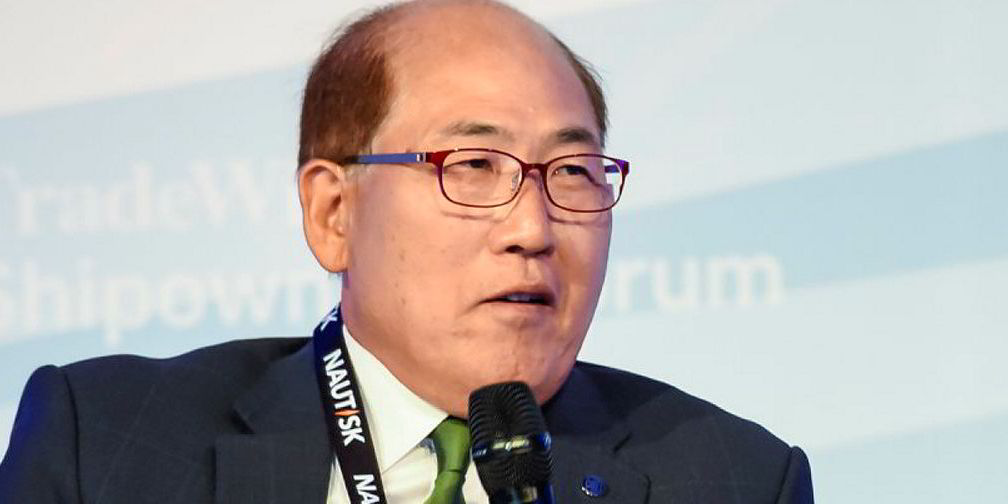
Louis-Dreyfus also hopes organisations such as Bimco will come out in favour. Talks have been held with IMO secretary general Kitack Lim and the IMO should be onboard, the shipowner said.
The IMO must make it a mandatory international obligation for it to work, Louis-Dreyfus believes, and there will need to be talks at some stage about a percentage reduction or requirements for engine power.
“Big controls” will be needed to check for compliance, “but now these controls are possible in a way they weren’t 20 years ago, with satellites, etc”.
The French government has said the proposals will be studied in May at the IMO. It described speed regulation as a very effective measure for capping ship emissions as quickly as possible.
The government gave the example of a tanker cutting fuel consumption by 18% if it reduces its speed from 12 knots to 11 knots — and by 30% at 10 knots.
It is also proposing an annual emissions cap for each shipping company from 2023; the owner would then have to choose how it stayed under this.
Armateurs de France president Jean-Marc Roue has said speed reduction is an effective solution to meet the environmental challenge that shipping faces. He wants to see the measure formalised without distorting competition.
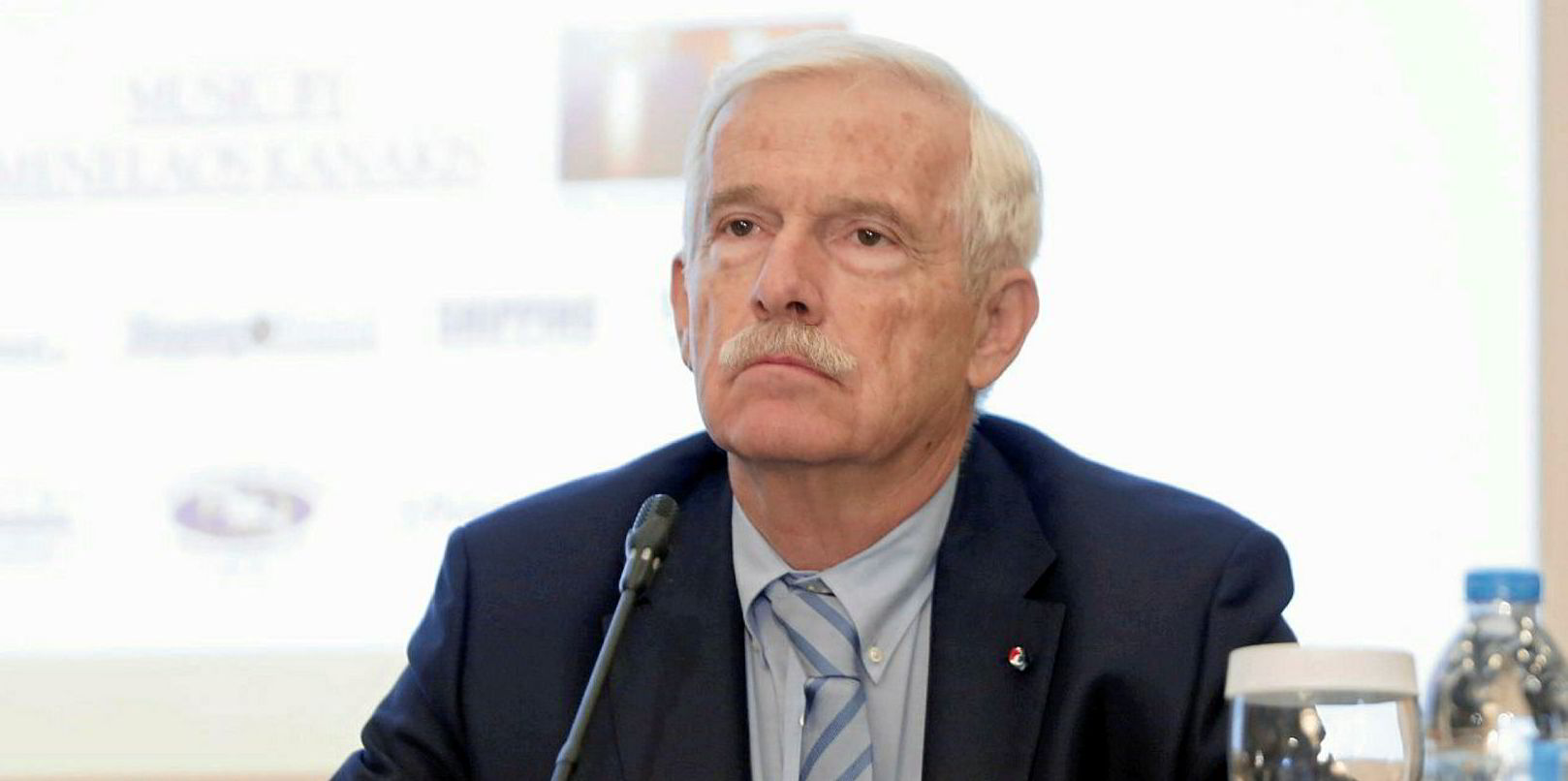
France will push for speed limits to be introduced as soon as possible, according to a proposal document for the IMO’s greenhouse-gas emissions working group, which suggested that speeds would be differentiated by shipping sector.
Analysts have said slow-steaming could cut emissions in the short term and tighten markets, but might lead to more vessels being ordered to meet charterers’ demand.
In November, TradeWinds reported ECSA president Panagiotis Laskaridis as saying that “imposing large mandatory speed reductions will be impossible”.
Green fund for owners
He proposed a 20% speed cut, half of it mandatory and half voluntary, while recommending that owners who do not use the voluntary quota should have to contribute to a green fund.
Consultancy Drewry suggested that boxship owners could slow-steam more ships and carry out more transshipment to combat higher costs from the IMO 2020 changes.
Lines’ actions, it said, will depend on how successful they are at implementing fuel surcharges.
“One potential side effect from the new regulation could be greater slow-steaming and use of transshipment,” Drewry added.
“The logic being that as ships’ sailing speed is reduced and round voyages are extended, carriers will drop ports from rotations to ensure that transit times to key points remain competitive. Fewer direct port calls will induce greater need for transshipment and feeder operations.”
